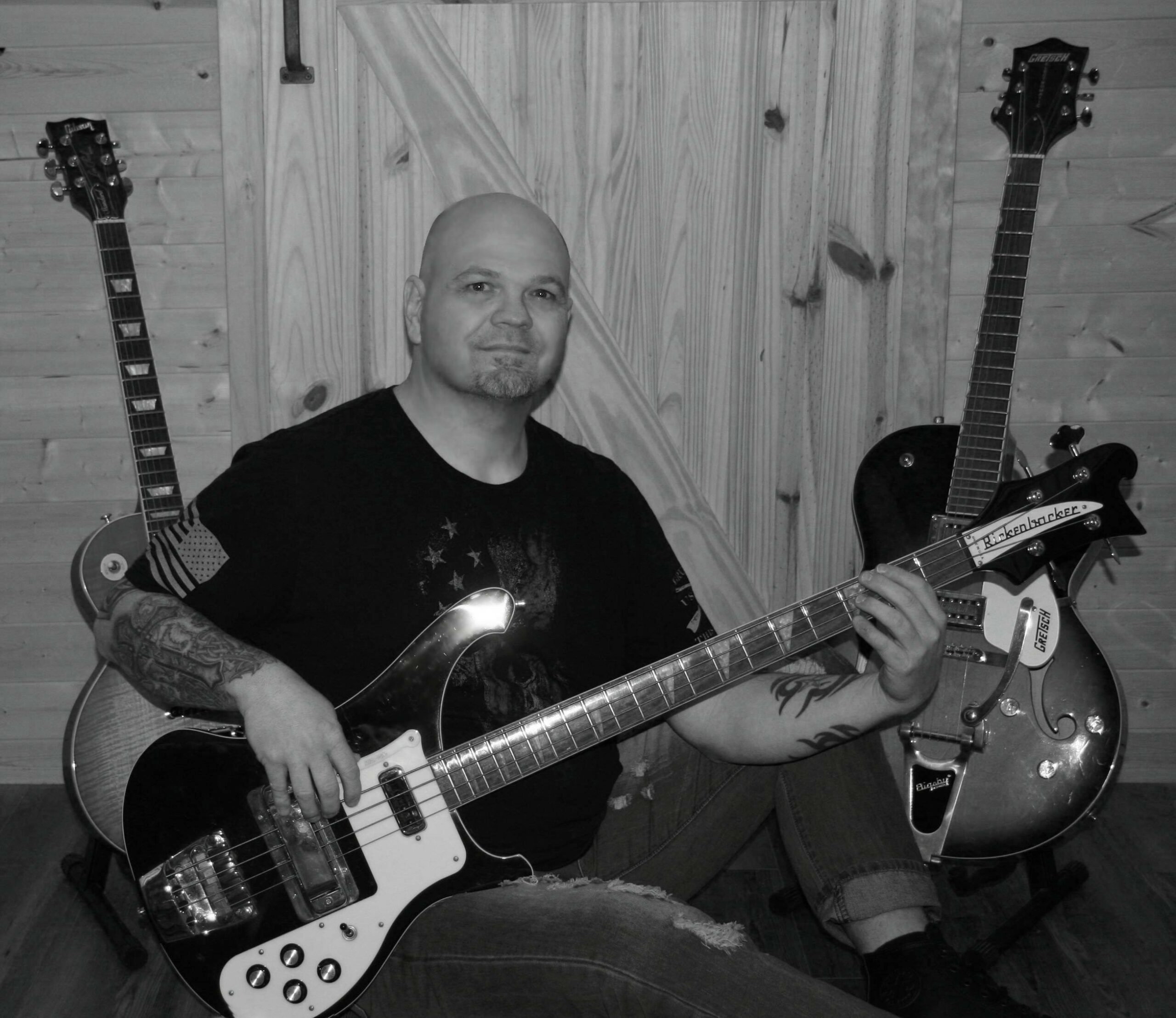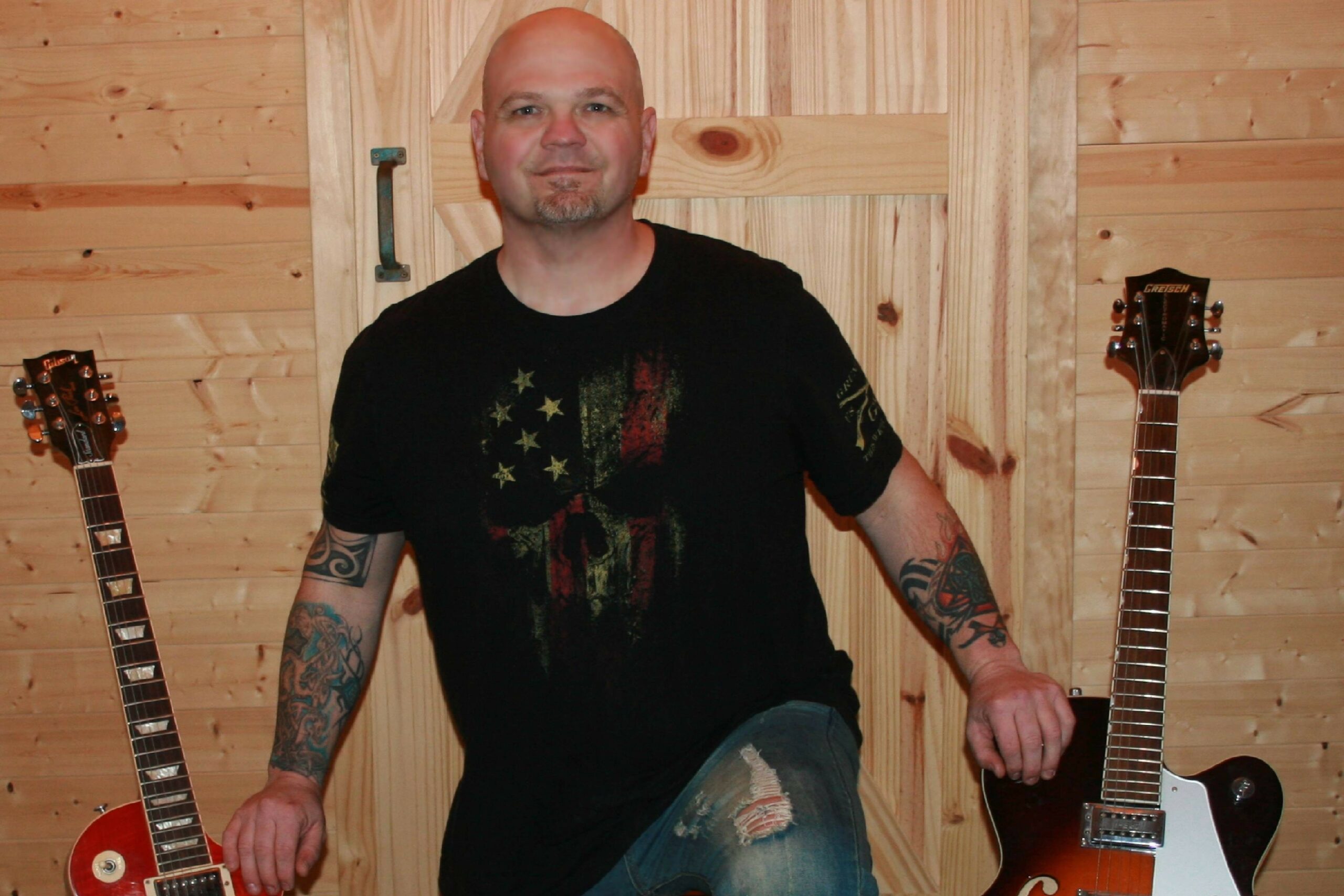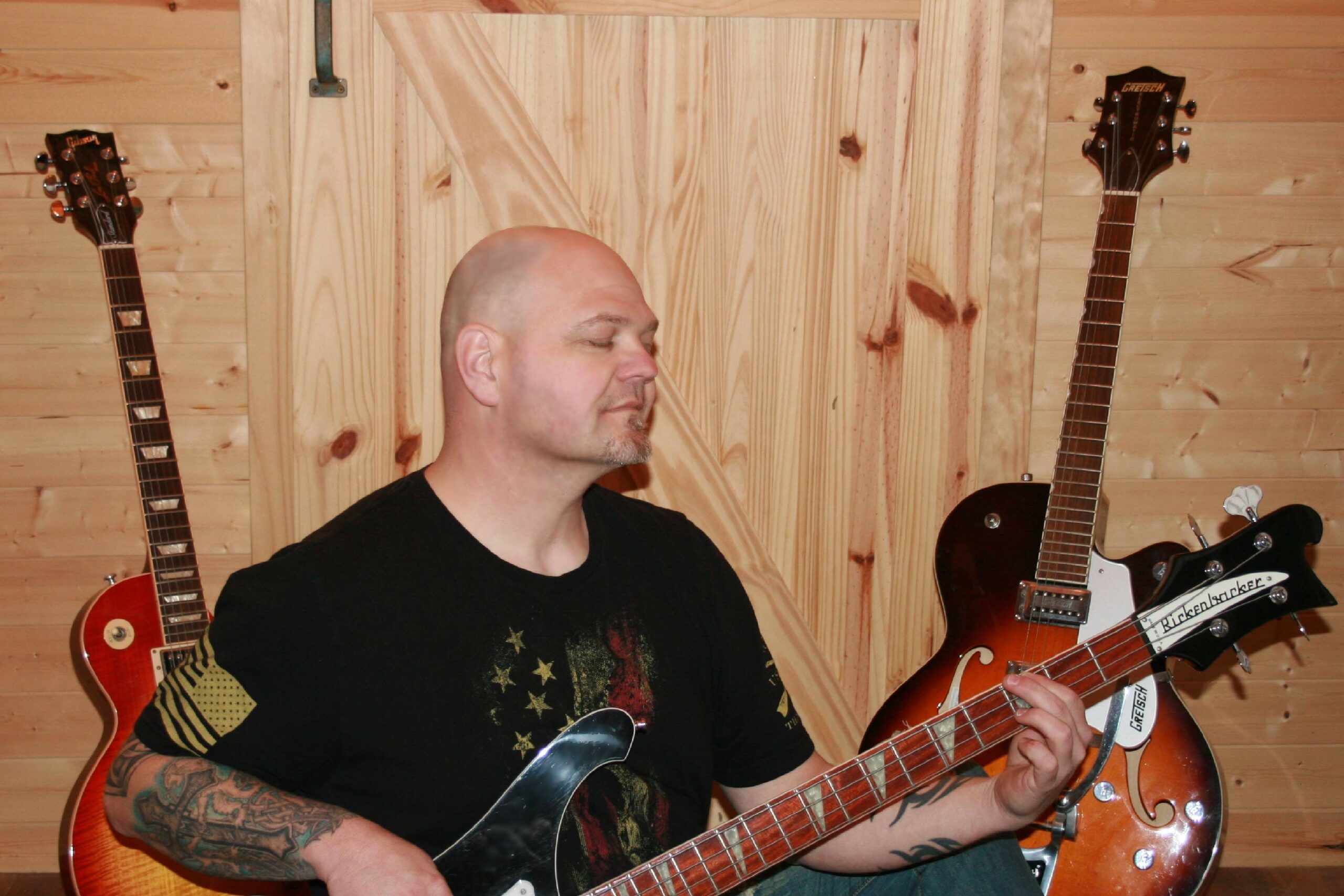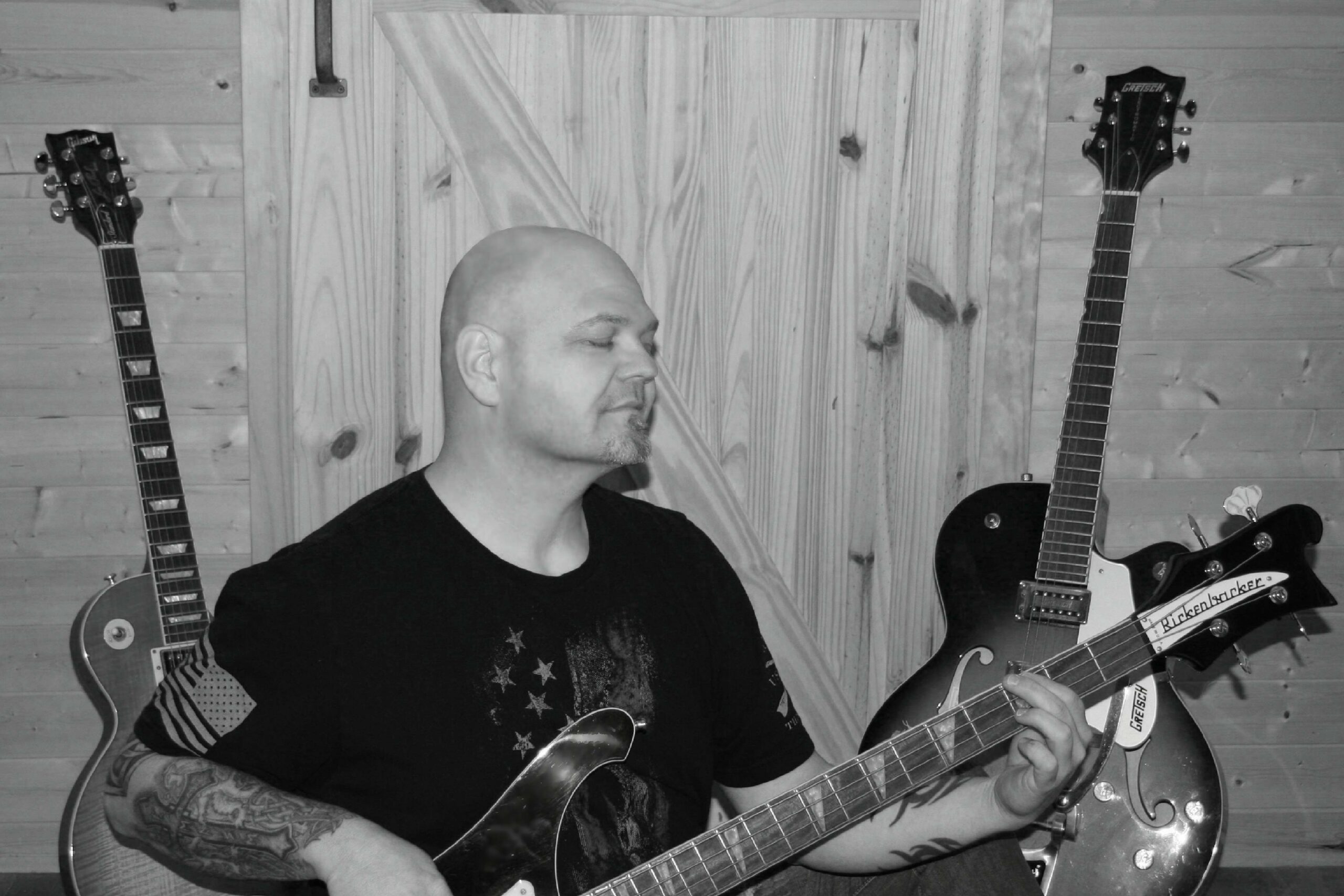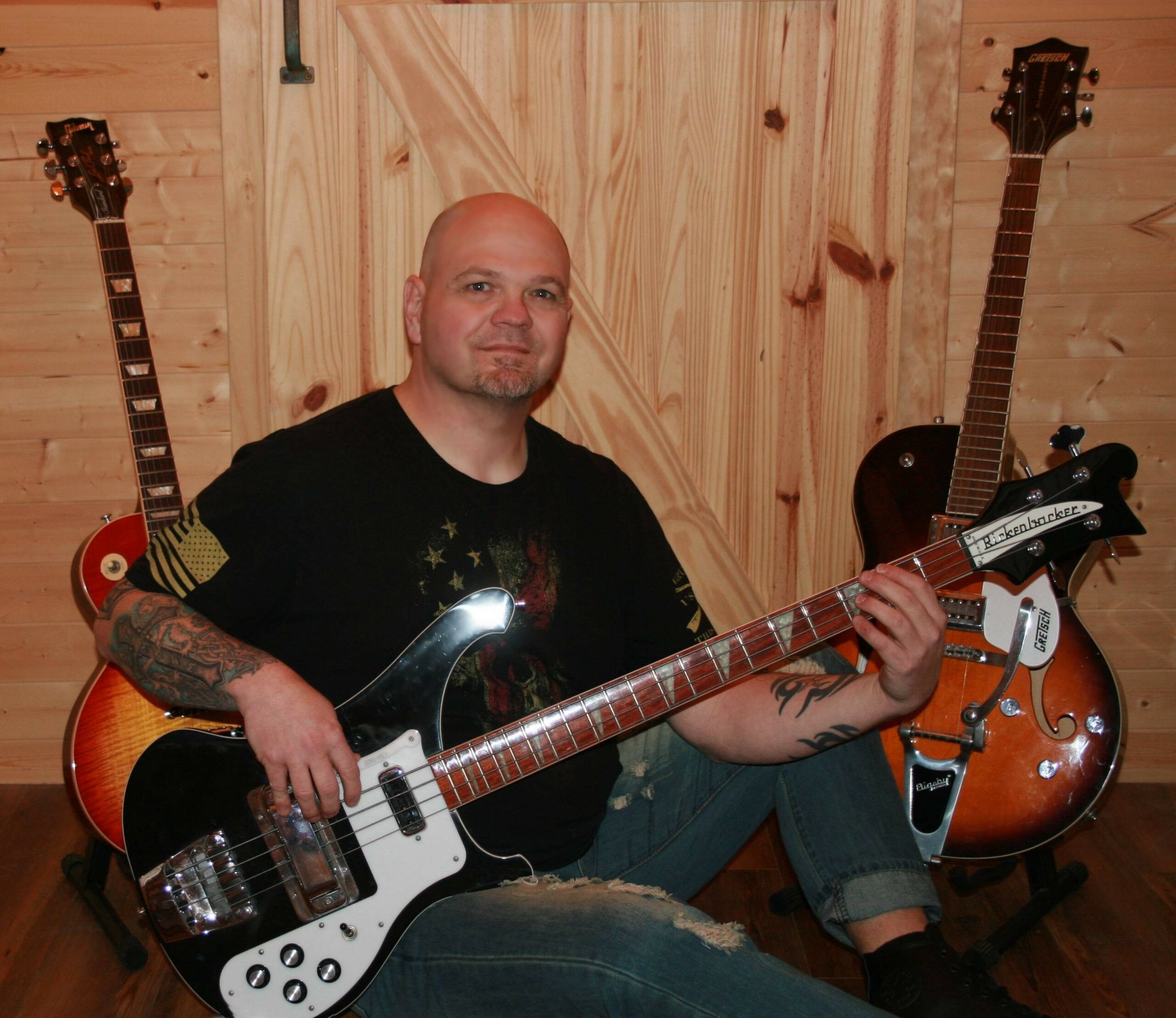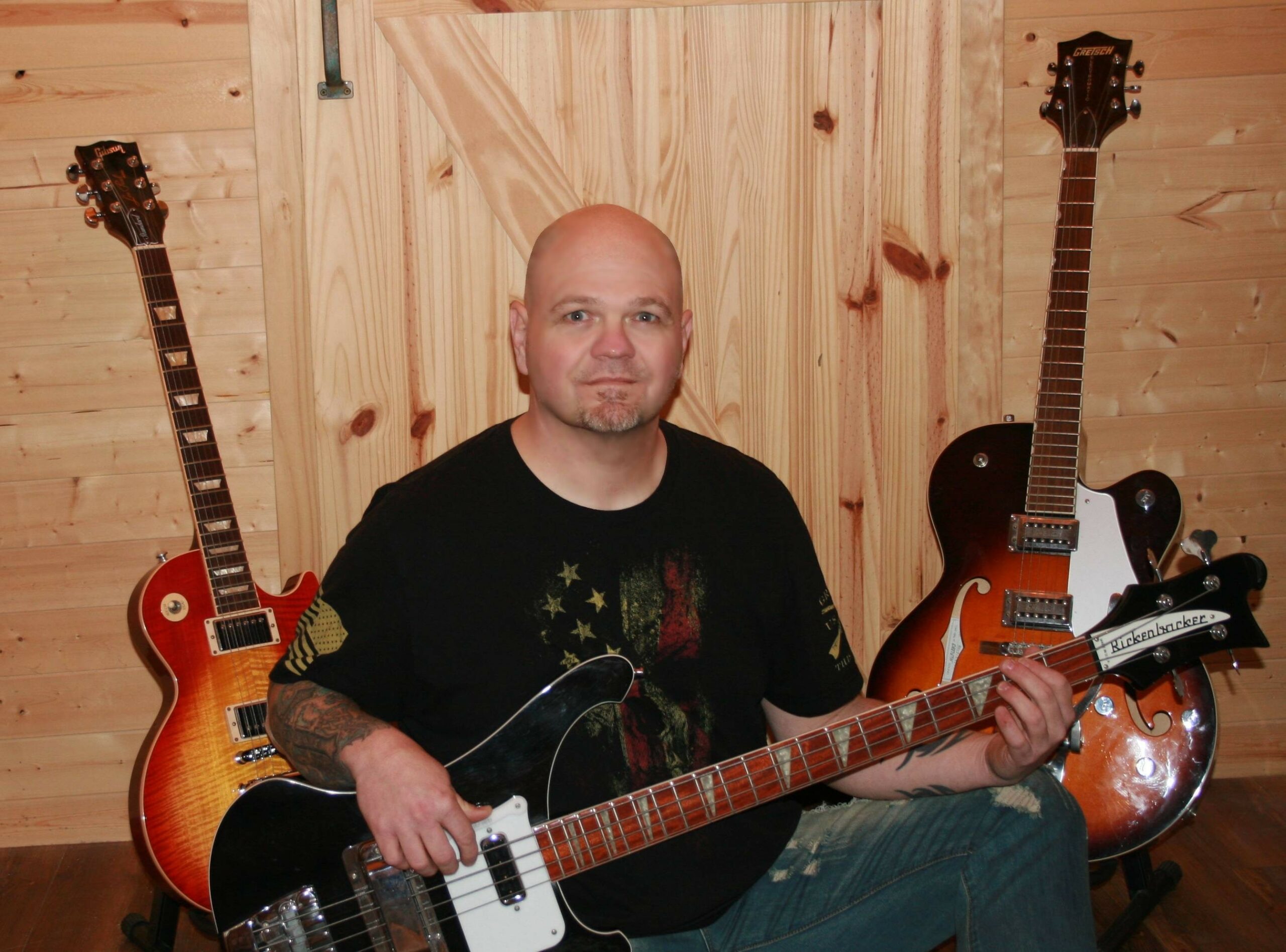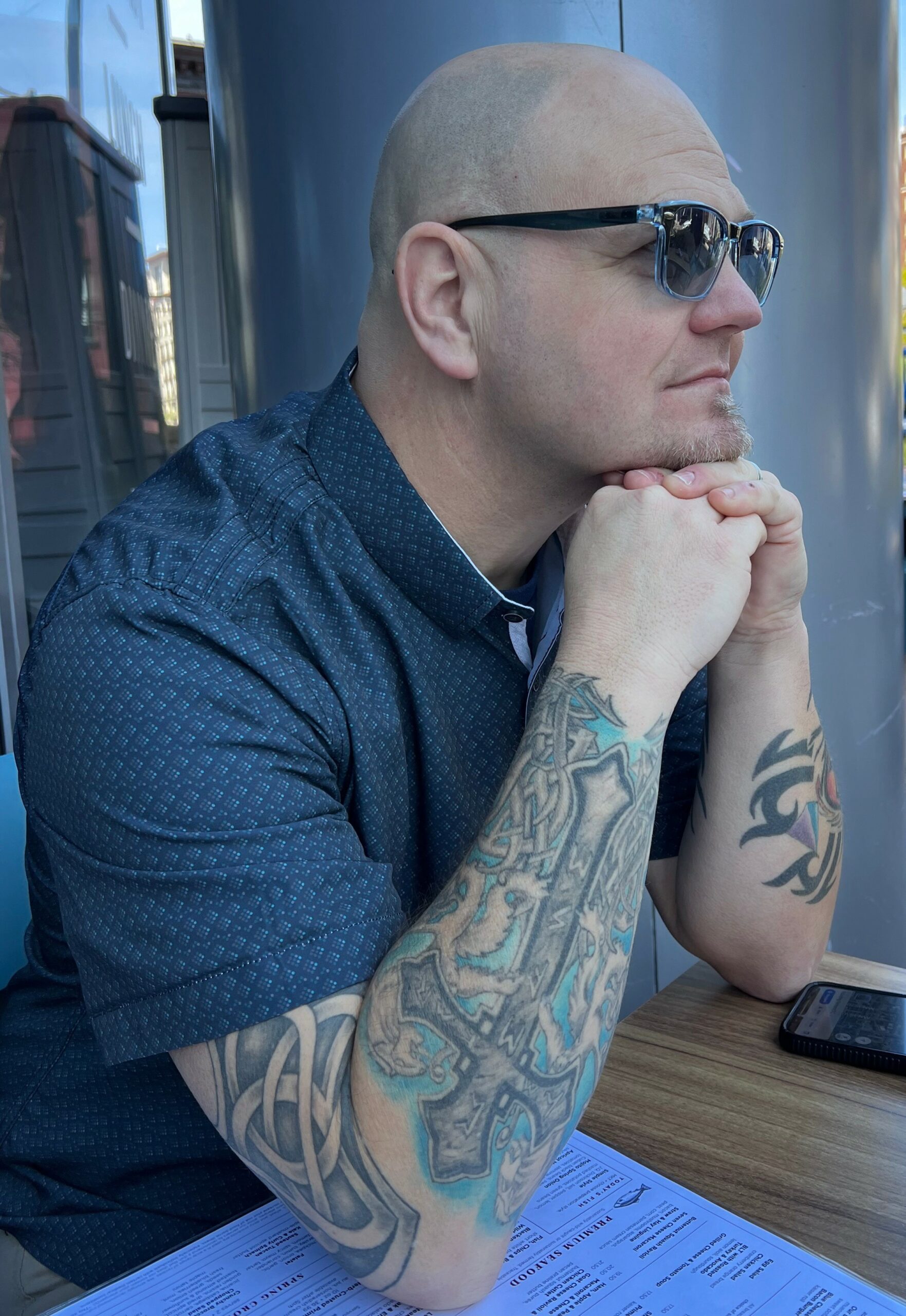We were lucky to catch up with Dan Hudson recently and have shared our conversation below.
Dan, thanks so much for taking the time to share your insights and lessons with us today. We’re particularly interested in hearing about how you became such a resilient person. Where do you get your resilience from?
I grew up on a small grain farm in North Dakota. Hard work and responsibility were not only taught, but demonstrated by my parents and siblings. I learned that hard work beats natural talent every single time.
When I was a child, our family suffered many losses of loved ones in a very short period of time, to include one of my classmates, to cancer. That series of tragedies was followed by my grandmother being killed in a motor vehicle accident. That was my normal, loss. I didn’t think much about that period of my life until a couple of years ago.
I completed two years of college and joined the North Dakota Air National Guard.
My second year of of law enforcement, I was nearly killed by jumping in front of a moving train to save a suicidal man. That incident began to change who I was as a police officer and human being. I was awarded the Medal of Valor by my department for this incident. Following that incident, my life was saved by my partner when an individual tried to shoot me, however he was Abe to secure him prior to him shooting me. The individual had several rounds of ammunition and pipe bomb making material. His intent was to shoot his way into a courthouse to retrieve a knife the judge seized.
I didn’t realize what a profound impact these and other incidents had on my life. Professionally, I became a risk taker. Personally, I started down a path of isolation, anger, and lacked empathy. I didn’t know any other way to live.
I was married in January of 2000, and my wife started seeing a change for the worse in my behaviors. I wasn’t sleeping, I had no patience, and was isolating myself everyday. I took everything personally and didn’t know how to shut off my overprotective behavior.
I was activated and deployed after the September 11th attacks. Upon my return, my family described me as a completely different person. Dark, quiet, overly cautious, and there was not a switch to turn any of it off. I had lost touch with my old partner from the police department as I was still activated and he had since taken a different job in Minneapolis. I knew he was going through a great deal of personal matters.
March 11th is my birthday. On March 11, 2012, I received the message I never wanted to hear. My friend and partner had taken his own life.. The following year, on the same date, another co-worker took their own life. In short, I continued to live my dark life until 2016. At this point, my wife and I decided we needed to figure out what was going on with me. To be honest, she should have left a thousand times.
My wife accompanied to the Fargo VA clinic. I sat quietly and said absolutely nothing. She did all of the talking, describing who I used to be and who I had become. I couldn’t get a word out if I tried. But something happened that day that hadn’t happened in nearly two decades. A tear, like a hot bullet, rolled down my cheek. It was embarrassing to hear all of these things, but everything my wife was describing was the truth.
The process was a long and hard path. Probably the hardest thing I had ever done in my life.. I had no choice if I wanted to keep what I loved, so I did it, we did it. After the completion of my program and the help of my doctor, I became a mentor for veteran’s suffering with similar symptoms that I was suffering.
I decided to start writing a book. That book, PTS ME, was published in 2019. It is simply my story, to let people that are suffering these symptoms know that they are not alone. My wife and I started a non-profit in 2021 called Operation Check Six. We take stories of veterans, first responders, and their families and turn them into music. We also record veterans stories at the Veteran’s Home, provide them a copy of the interview, and are creating an anthology to be published.
I also developed a training class that I provide to law enforcement and other non-profits telling this story, which is a short period of my life, but changed me forever. I have given this presentation approximately 100 times. My wife told me I was missing something very important. She told me, you have to let people know it is okay to “live in the middle”. She explained we have our work family, our at home family, but trauma survivors forget to live a little for themselves. We give up our hobbies, have a tough time accepting gifts, and avoid things that bring us joy. She said, “that is the middle”. So that is just what I did.
I started playing my guitars, drums, bass guitars and I haven’t quit since. Playing with two music groups, growing the non-profit, helping those that need us. That is my middle, my family is my middle and we have each other back.
To answer the question of resilience, it comes from my wife and the most powerful force on the earth. It comes from love.
Great, so let’s take a few minutes and cover your story. What should folks know about you and what you do?
Operation Check Six, our non-profit has grown so much since 2021. The first poem I received was from a close friend who wanted it turned into a song. I worked with her to take it from poem form to a raw lyric version. That lyric version was sent to Ms. Alyssa Ruffin, Alyssa took the lyrics, made them work for her melody and was able to get the song produced. Ultimately, that song was nominated for Independent Pop Country Single of the Year.
What grew from this song was a profound understanding of something I had dealt with professionally, but never personally. The song, “Collateral Damage” has been described as an anthem for sexual trauma survivors. The poem was written by a female soldier, sung by a female, produced by a female with an all female band, and there I was. What I learned was how to listen. As a police officer, I had taken numerous reports of sexual assault, but rarely had any closure as the case would get turned over to a detective. There I was, listening and learning. I have never witnessed more courageous women than those who were involved in every step of this process. What blossomed was freedom, and friendships that will last a life time.
Operation Check Six was on it’s way. By chance, I was getting my flu shot by a VA float nurse. We got to chatting and she told me how she used to sing and play guitar. Little did I know then, but this woman has become the driving energy behind Operation Check Six. Her empathy and drive is unmatched. As Operation Check Six grew, we ended up with an entire list of performers. My wife and I decided to hold an annual event at our property that showcases some of the songs written from the stories of veterans that we meet. This event is called Honor Fest and we are now in our third year of hosting this amazing event.
Looking back, what do you think were the three qualities, skills, or areas of knowledge that were most impactful in your journey? What advice do you have for folks who are early in their journey in terms of how they can best develop or improve on these?
As the founder of Operation Check Six, I work very hard to keep the business side of the house away from our mission. I am happy to share information, however I want our core members focusing on doing exactly what we say we will do. In short, there is a necessary business side of the house that sometimes does not play well with the mission. Keep them both separate.
Secondly, I learned by partnering with the VA Mental Health Unit, that it is important that individuals that seek our mission have complete some sort of therapy program. We are not therapist but can get you to someone who is professionally trained. We are an aftercare/music and writing therapy group. Individual trauma survivors that have completed a therapy program are quite dedicated and are in it for the right reasons.
Lastly, patience and persistence. I am told no more than yes, whether it be fundraising or sponsorships. The music industry is one of the most beautiful yet harsh environments for performers. That is where patience and persistence will have everyone succeed. Being honest and showing empathy helps everyone succeed.
Okay, so before we go we always love to ask if you are looking for folks to partner or collaborate with?
Operation Check Six is always looking to collaborate with artists, family members, and other individuals interested in helping survivors of trauma.. We partner with several non-profits for events and training sessions. Our dedicated musicians provided music for fairs, public events, and Memorial Day at the National Cemetery. We have play fundraiser for American Legions as well as for Veteran’s at the State Veteran’s Home.
We seek dedicated individuals who are willing to hear the good, bad, and ugly stories of true history. We have refurbished instruments and given them to veterans. We developed a very basic guitar learning guide and are always happy to provide some instruction on playing and care of their instrument.
Our long term goal is a facility to conduct song writing workshops, instrument instruction, and to simply listen to our heroes tell their stories.
We can be contacted through our website: www.operationchecksix.org
Facebook: facebook.com/operationchecksix
Contact Info:
- Website: www.operationchecksix.org
- Facebook: Facebook.com/operationchecksix
- Youtube: Operation Check Six
- SoundCloud: Operation Check Six
